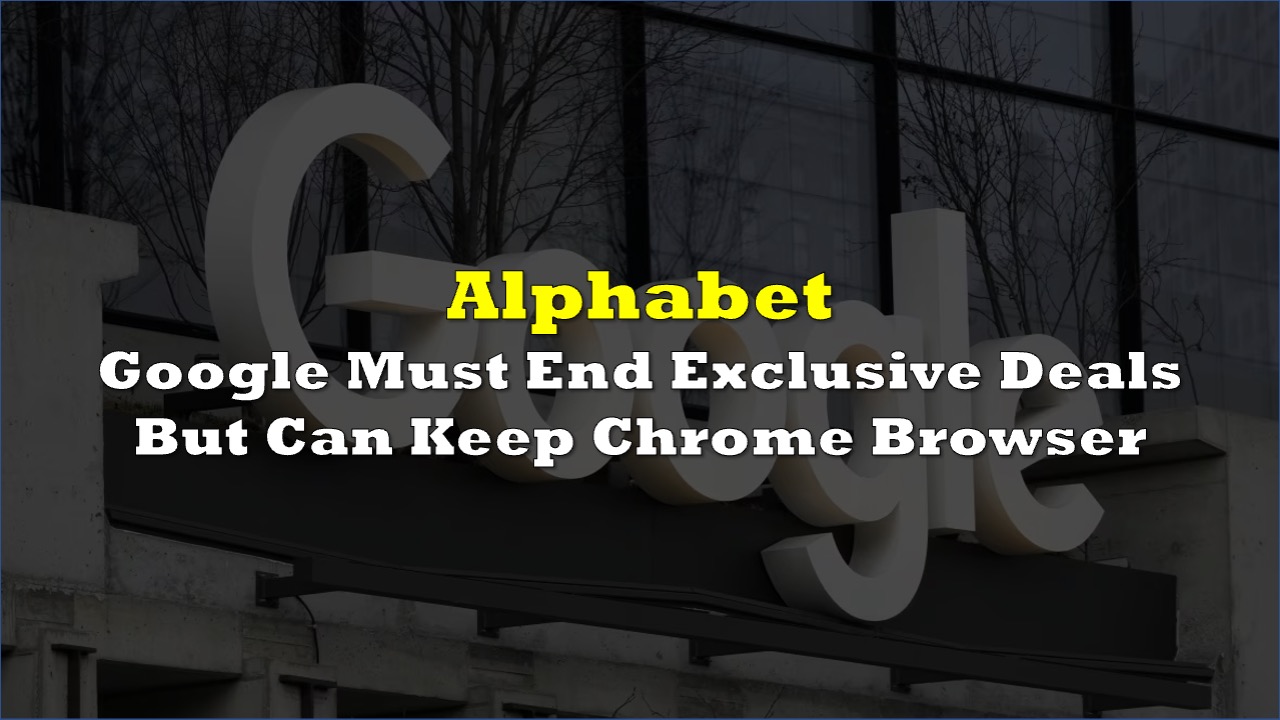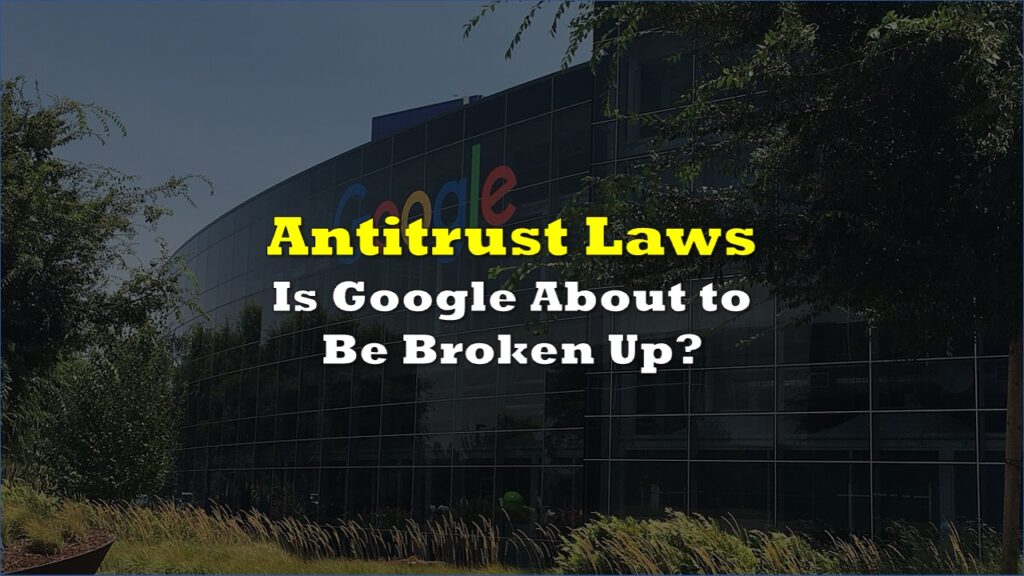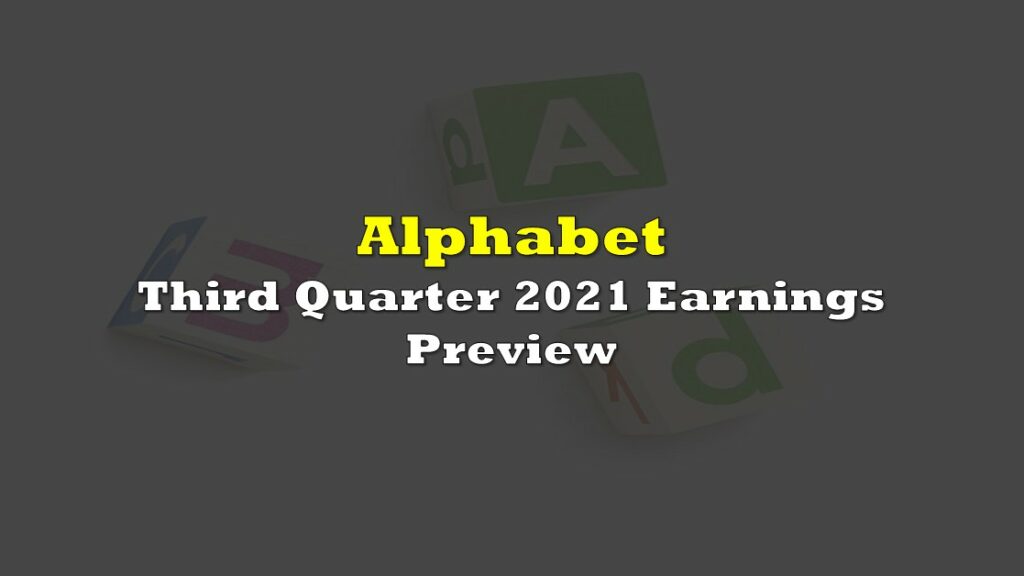A federal judge ruled Tuesday that Google (Nasdaq: GOOG) can keep its Chrome browser and Android operating system but must end exclusive contracts that made it the default search engine on smartphones and other devices, delivering a mixed verdict in the landmark antitrust case against the tech giant.
US District Judge Amit Mehta rejected the Justice Department’s most aggressive proposals, including forcing Google to sell Chrome, while still imposing significant restrictions on the company’s business practices.
The ruling caps a case that began in 2020 when the Justice Department accused Google of illegally maintaining its search monopoly through exclusive deals worth billions of dollars annually, including payments to Apple to remain the default search engine on iPhones.
Related: Feds Move to Strip Google of Chrome in Push to Reshape Tech Industry
Mehta’s decision allows Google to continue making payments to device manufacturers and browser companies, but bars exclusive arrangements that prevent competitors from being offered as alternatives. The company must also share certain search data with rivals, though not advertising information.
“Google will not be barred from making payments or offering other consideration to distribution partners for preloading or placement of Google Search, Chrome, or its GenAI products,” Mehta wrote in his 223-page ruling.
The judge cited the emergence of artificial intelligence chatbots like ChatGPT as a factor that could naturally increase competition in search. “The emergence of GenAI changed the course of this case,” Mehta wrote, adding that AI tools “may yet prove to be game changers.”
Google was found to hold an illegal monopoly in internet search in August 2024, controlling about 90% of the global search market. The company’s search advertising division brought in over $198 billion last year, representing more than half of Alphabet’s overall revenue.
The decision adds $234 billion to Alphabet’s market value while allowing Google to maintain its most profitable partnerships, including its estimated $20 billion annual deal with Apple.
Google plans to appeal both the original monopoly finding and the remedies decision. The company faces a separate antitrust case over its digital advertising business, which it lost in April 2025.
Information for this story was found via the sources and companies mentioned. The author has no securities or affiliations related to the organizations discussed. Not a recommendation to buy or sell. Always do additional research and consult a professional before purchasing a security. The author holds no licenses.









